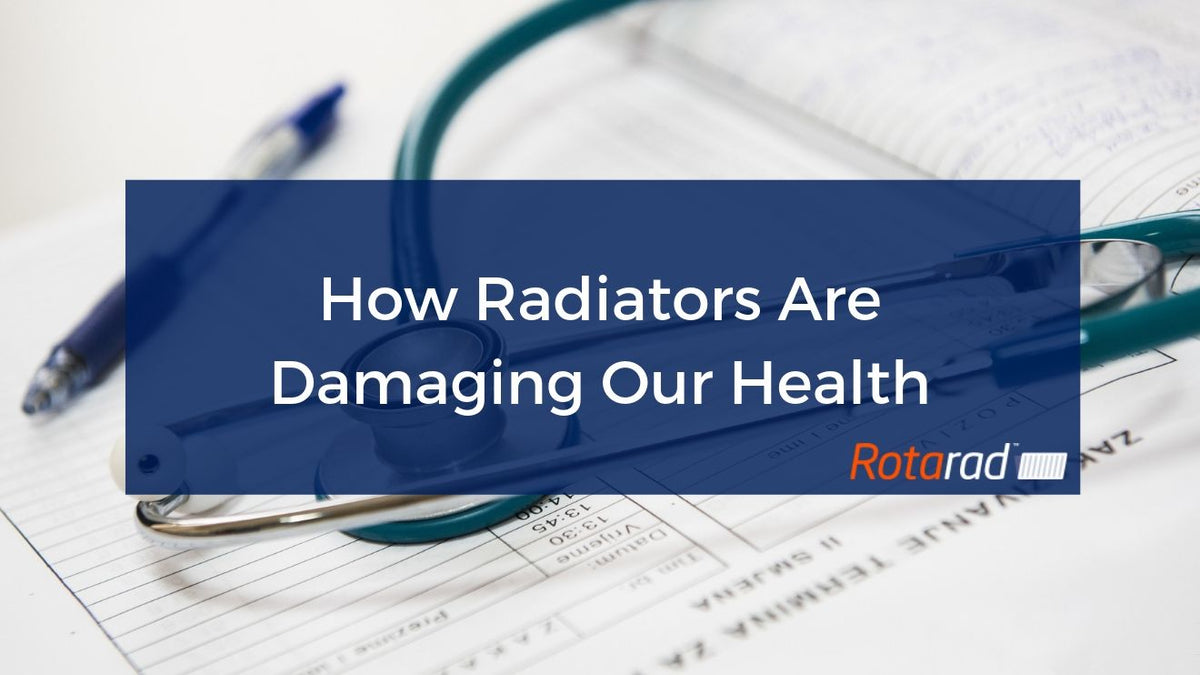I noticed that when I enter an apartment with a heating system - it is extremely hard to breathe - being inside a place with a radiator/heater feels warmer in a good way but feels significantly harder to breathe - it is definitely not placebo - it feels like bad asthma like if I just entered a hardware store and breathed in all their toxic material floating around and I feel my metabolic rate tank - I'm thinking how dangerous these things can be - is it always better to instead use incandescent light bulbs for Heat along with heavier clothes during the winter time - I find that incandescent bulbs do a very good job of keeping me warm

I've recently come across this

How Radiators Are Damaging Our Health
Radiators remain the first-choice emitter within the UK new build arena – accounting for 90% of all installations of the 26.3 million homes in the UK 23.6 million have radiators. Radiators are notoriously tricky objects to clean behind effectively and the build-up of debris, dust or even pet...
"Central heating radiators create the ideal conditions for dust mites and mould spores plus microbiological infections to flourish resulting in a higher level of allergens, that is then circulated via heat convection, plus contributes to poorer indoor air quality that we breathe in."
"
When air is heated it becomes less dense and rises: natural convection occurs.
But convection (air movement) circulates dust and (carpet) mites. This is seen on walls as dirty smudges above radiators.
Cleaning the wall is easy but this low quality air will also be in your wind pipes and lungs.
Dust mite is known to cause breathing allergies such as Asthma and other lung problems, sneezing fits, and more.
While dust mite allergy sufferers may go to some lengths (e.g. laminate flooring and ceramic tiles) to avoid obvious dust traps, unless internal air circulation is avoided the benefits will be limited."
I've been doing some experimentation and I noticed I instinctively feel like turning on many air filters when the central heating is on - it feels a lot easier to breathe when I do this and I feel significantly better - but still the heating system is still a slight bother to my breathing
I'm wondering if there is some other reason radiators and heating systems make it harder to breathe - it seems like based on my experimentation if one lives in a building with a central heating system an air filter can be a really good investment
Last edited:
